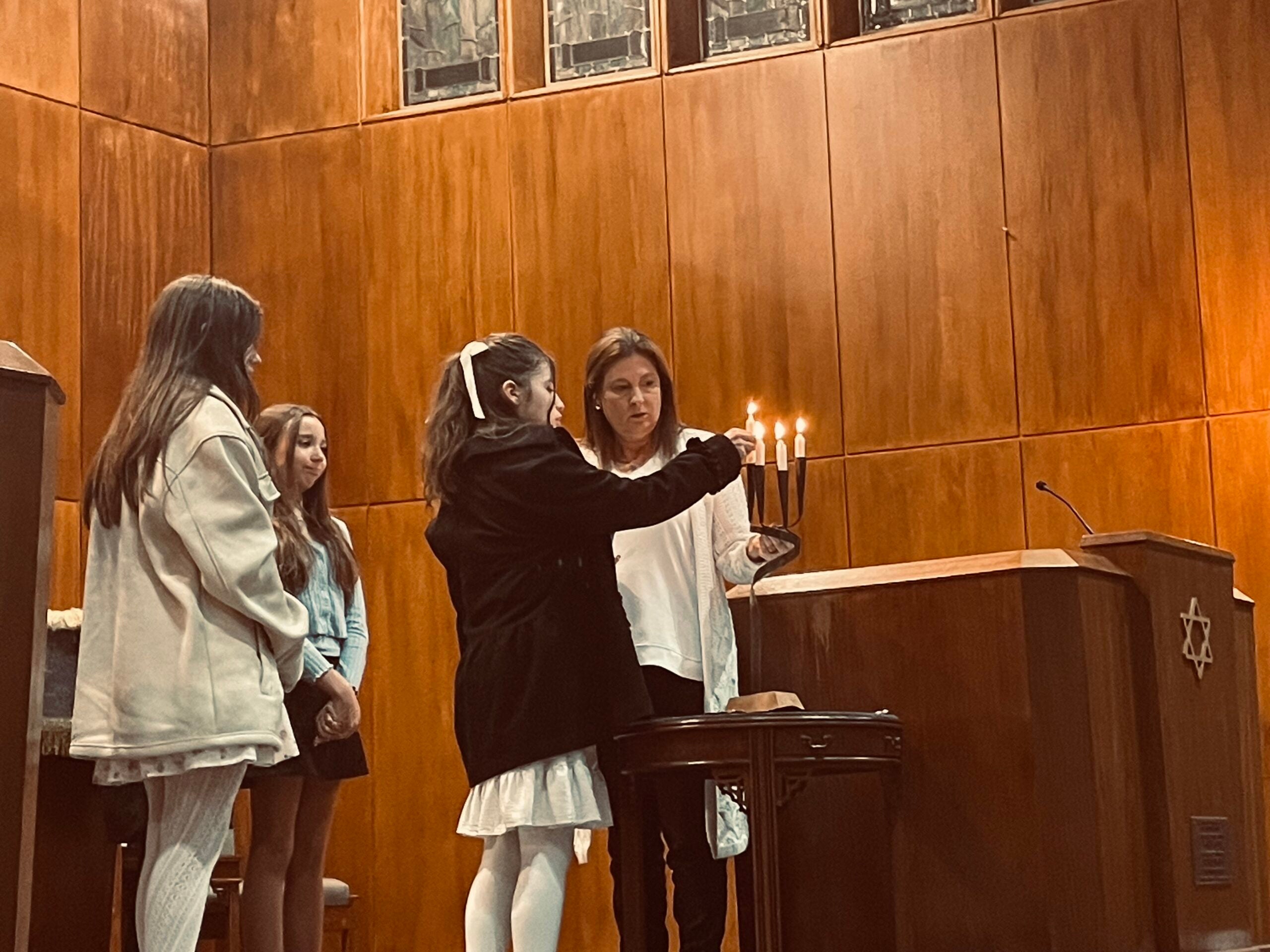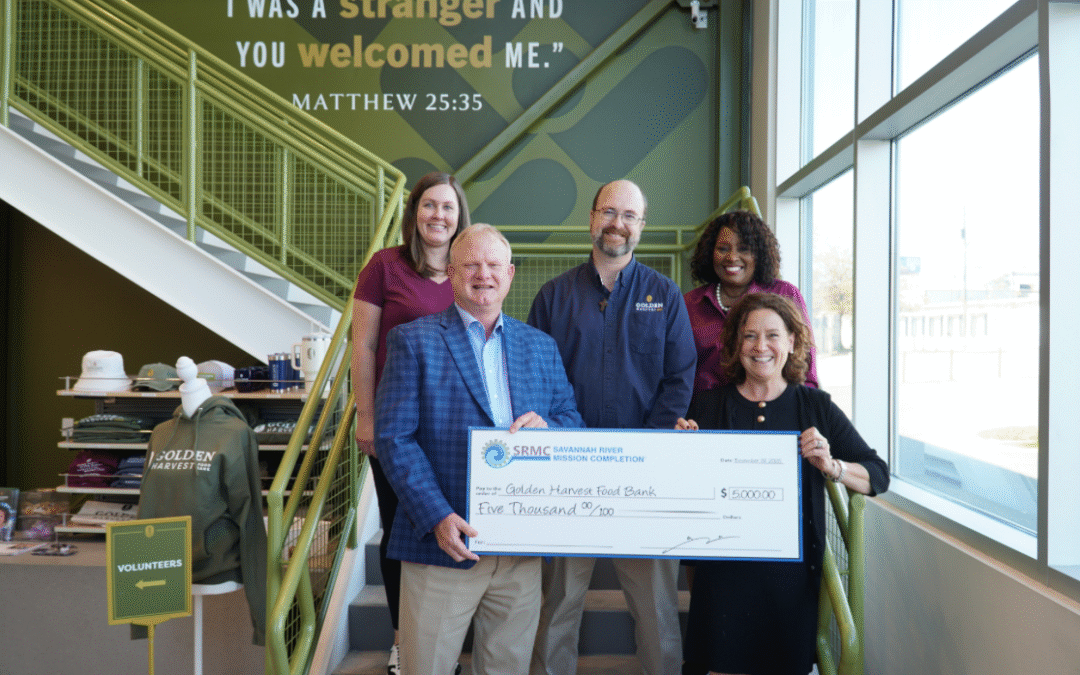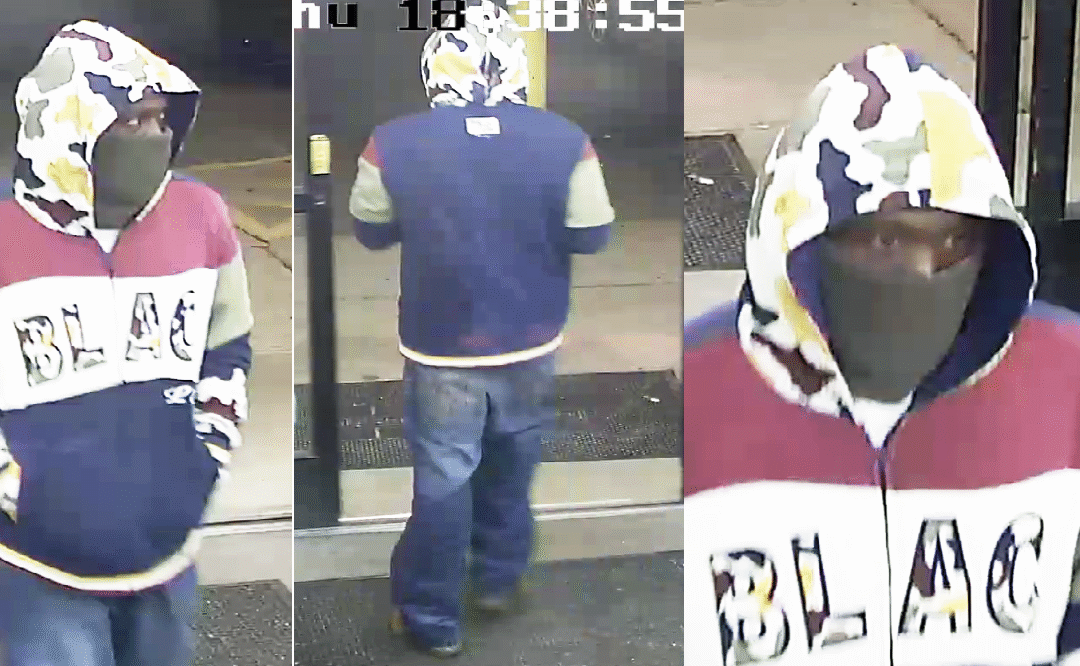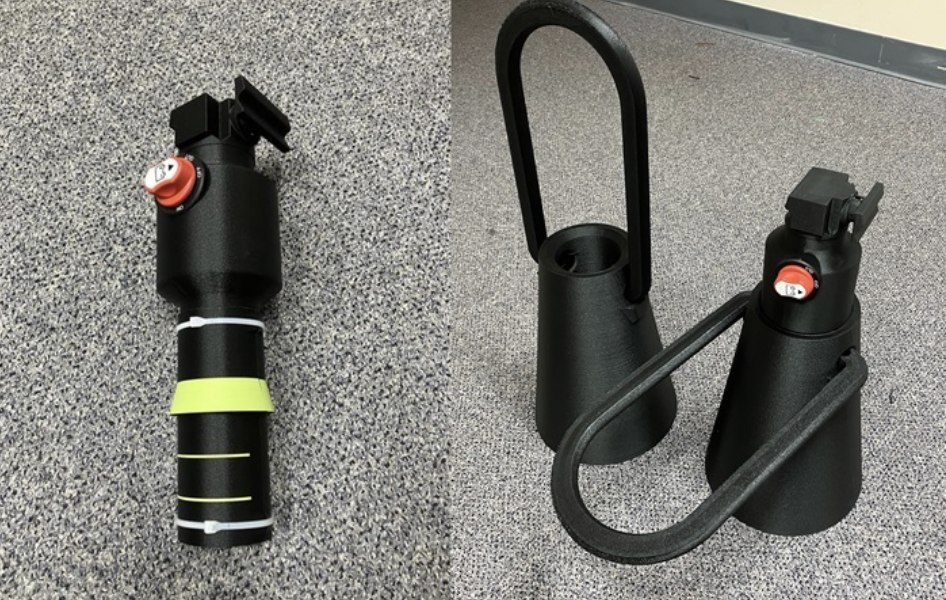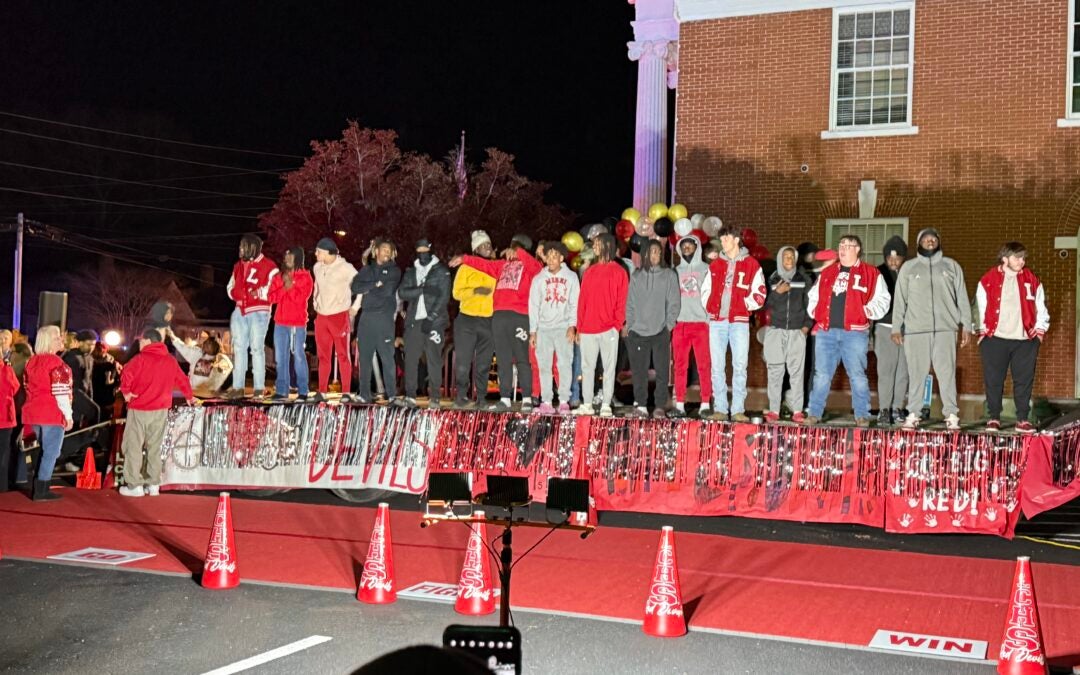“Ladies and gentlemen, why are we here?”
So began Rabbi David Sirull, Monday evening, speaking before congregants in the sanctuary of Adas Yeshurun Conservative Synagogue, gathered to remember the more than six million lives lost.
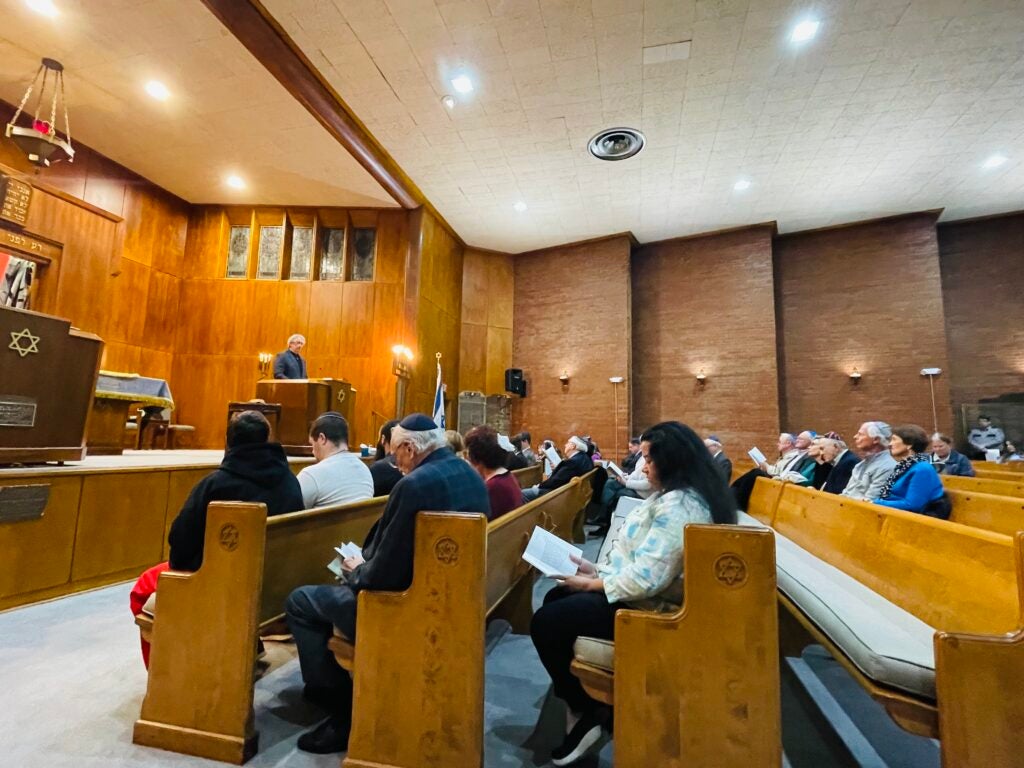
Monday, Jan. 27 marked the 80th anniversary of the liberation of Auschwitz-Birkau, the largest of the Nazi concentration and extermination camps, by the Red Soviet Army. The United Nations General Assembly officially designated that date International Holocaust Remembrance Day, on Nov. 1, 2005.
Adas Yeshurun welcomed the public, including other local clergy, to its annual service to honor the memory of those who died, which began with the opening of the ark, the holiest space in the synagogue, in which the Torah scroll is contained.
Usually, during Jewish religious services, congregants rise when the ark is opened. But on this occasion, the faithful were urged to remain seated.
Children approached the pulpit to light a small candelabra. Each child kindled a single candle—six total, each representing one million lives taken.
The Megillat HaShoah, or Shoah Scroll, was the central liturgical text of the service. “Shoah” is a Hebrew word meaning devastation, ruin or catastrophe, and is used in the Jewish community as another term to refer to the Holocaust.
The Shoah Scroll, published in 2003, was written by Israeli professor of Hebrew literature Avigdor Shinan to be used for public readings and recitations, for somber occasions such a Monday’s.
It is comprised of six chapters, in both Hebrew and English, chronicling events before, during, after and surrounding the Nazi atrocities.
Several readers, including local clergy, recited passages from each chapter, congregants following along. Service consisted of readings from Shoah, chronicling the holocaust, which included local clergy.
The first chapter, “In the Beginning,” surveyed the trying history of suffering and persecution of the Jewish people; the second, “The Earth is Filled With Chaos and Confusion,” narrates the account of a journalist encountering the overwhelming volume of dead.
Chapter III, “The Darkness Spread Over All,” tells the story of a Jewish woman, Gertrude, struggling to make sense of her experience in as a prisoner in a Nazi camp.
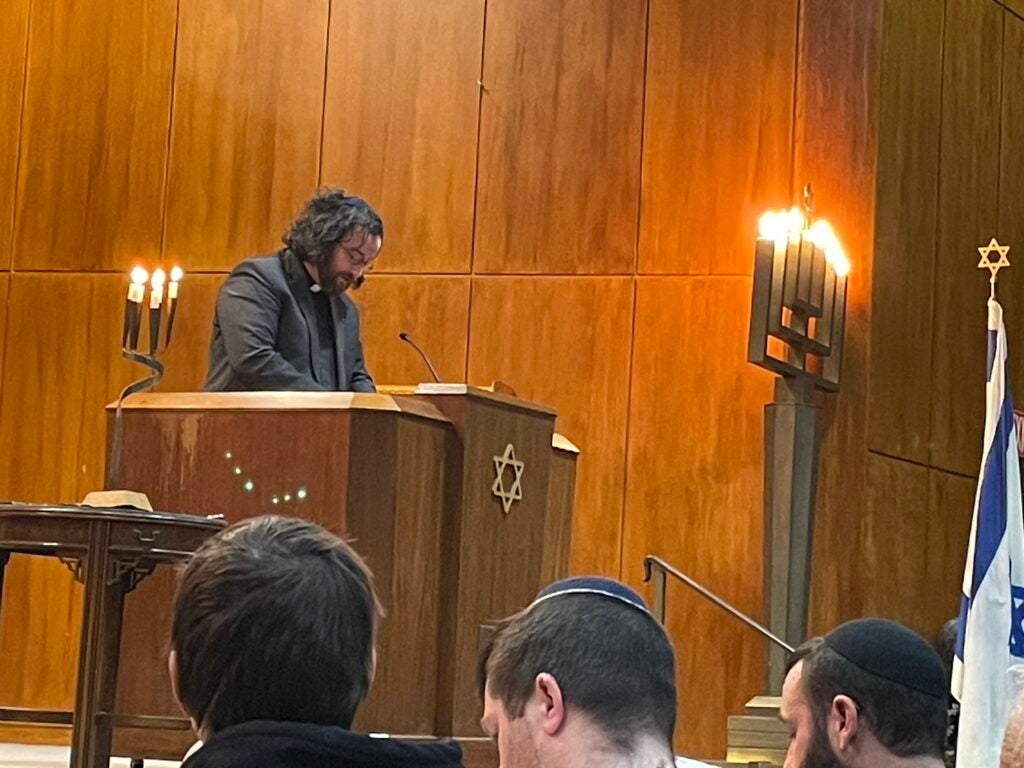
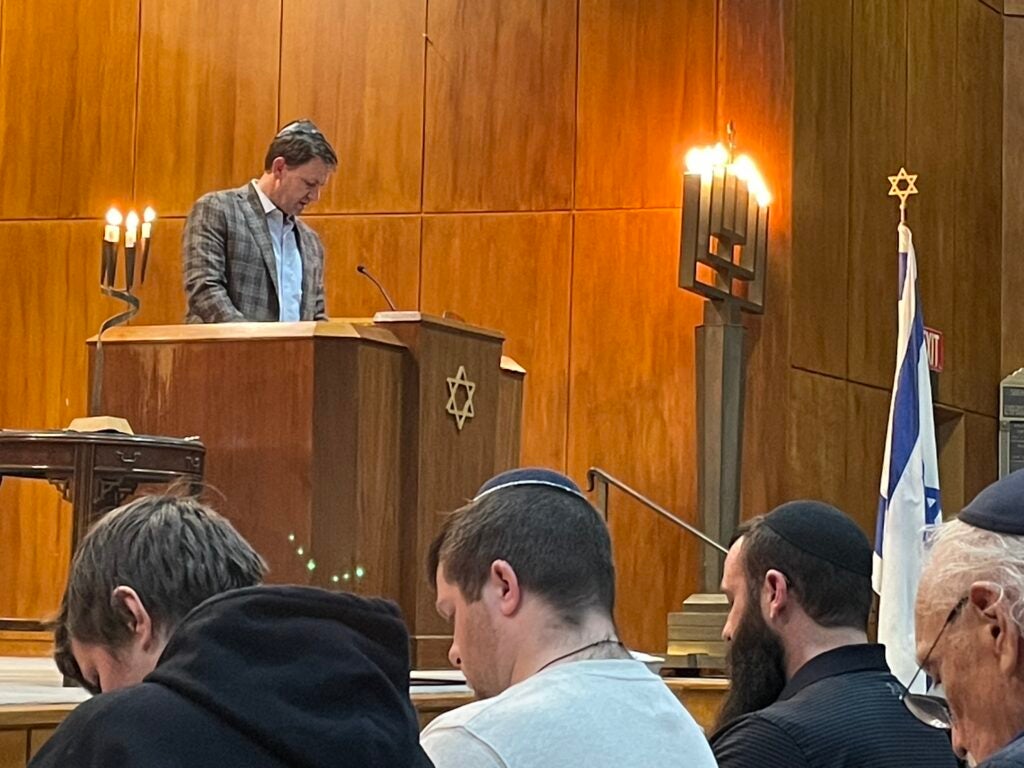
The final chapter, though called “Let There Be Light Again,” concludes, after crying out to God for answers, with something of an admonition against expecting a response to the depth of horror endured, but more so against the “forgetfulness of apathy”:
“Do not absolve and do not exonerate, do not attempt to understand. Learn to live without an answer. Through our blood live!”
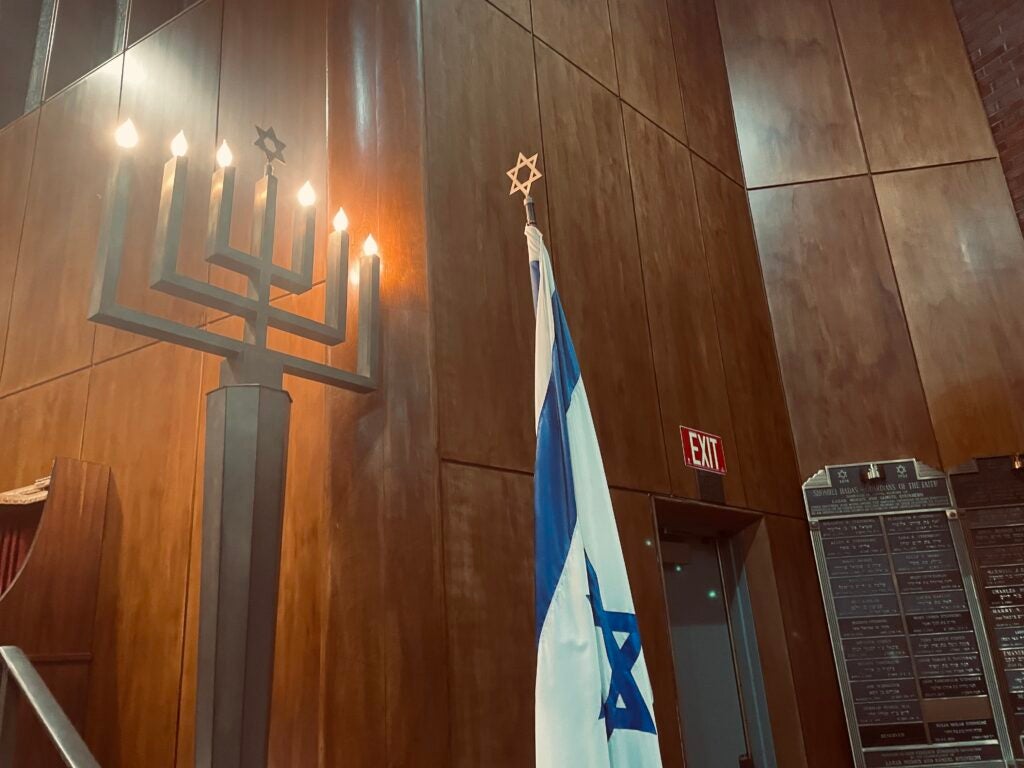
Adas Yeshurun Conservative Synagogue is located at 935 Johns Road.
Skyler Andrews is a reporter covering business for The Augusta Press. Reach him at skyler@theaugustapress.com.

